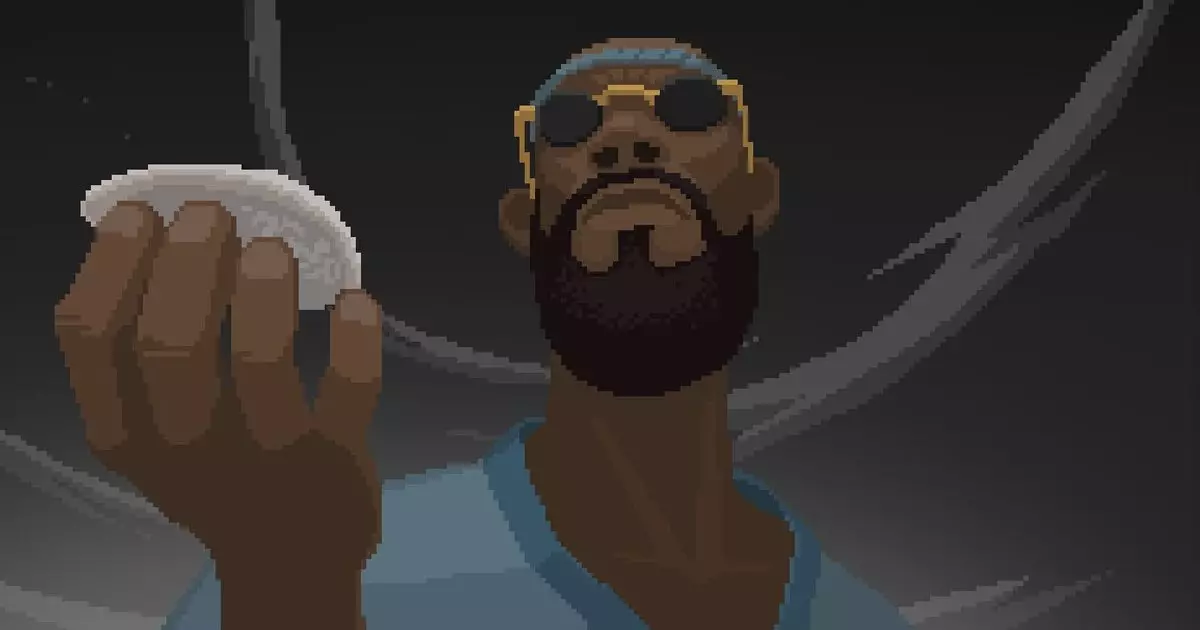In the evolving landscape of the gaming industry, the term “indie game” has become a precarious label, often wielded as a badge of authenticity or a mark of creative purity. Yet, beneath its veneer lies a tangled web of misconceptions, commercial interests, and subjective interpretations. Is a self-published game inherently indie? Does small team size automatically grant a game the indie badge? Or is the label merely a superficial marker that distracts us from truly appreciating the artistry and innovation of the game itself? It’s time to abandon simplistic definitions and explore what truly makes a game “independent” in spirit rather than in name or narrow criteria.
The obsession with categorizing games based on financial backgrounds, team size, or even stylistic choices is inherently limiting. A game like “Dave The Diver” becomes embroiled in controversy not because of its gameplay or artistic vision, but because of its perceived organizational backing. Is it indie because it was developed by a small team or because it was published independently? The answers are murky, and results often hinge on marketing narratives, industry politics, and community perceptions rather than any objective standard. The core issue here is that the industry’s obsession with the “indie” label often backfires, undermining the creative diversity it seeks to highlight.
The Power of Perception and Misconceptions
The debate surrounding “Dave The Diver” and its nomination for an “independent” award epitomizes how industry dynamics distort our understanding of independence. Despite the developer Jaeho Hwang’s clear assertions that Nexon’s involvement disqualifies the game from being considered indie, the public discourse muddles the waters. The public’s perception is heavily influenced by aesthetic styles, minimal team sizes, or even the game’s perceived novelty—attributes that have little bearing on actual independence. This disconnect points to a broader issue: the value placed on labels can overshadow the importance of creative merit.
The nomination system itself, as explained by Geoff Keighley, reveals an industry grappling with the fluidity of the “indie” concept. The involvement of media outlets and the nondiscretionary nature of nominations mean that the label becomes an amorphous badge—sometimes earned, sometimes assigned arbitrarily. It suggests the category is more a reflection of marketing and narrative construction than a rooted reflection of the game’s creative origins or development ethos.
The Artistic Spirit Overcomes Industry Labels
As the debate rages on, one thing remains clear: the value of a game should never be determined solely by its label. Whether produced by a tiny team or a massive corporation, the core question should be about the game’s ability to evoke emotion, inspire innovation, and push boundaries. “Dave The Diver,” regardless of its corporate connections, exemplifies qualities that transcend industry categorizations. Its playful integration of Godzilla, engaging mechanics, and charming art style prove that creativity isn’t confined by organizational structure.
Moreover, clinging to the indie label as a marker of authenticity often leads us to overlook truly groundbreaking titles that may have corporate backing or larger teams but still exhibit the spirit of innovation and independence. It fosters a siloed perspective that discourages embracing games for their artistic and experiential qualities, instead fixating on superficial criteria. What’s more vital is fostering an environment where the emphasis is placed on inventive gameplay and provocative storytelling, rather than adherence to arbitrary labels.
Rethinking How We Value Games
Ultimately, the obsession with defining what makes a game “independent” reveals our deeper desire for authenticity and purity in an increasingly commercialized industry. But in reality, the boundaries are porous, and creativity knows no such limits. Instead of obsessing over whether a game qualifies as indie, perhaps we should shift our focus toward appreciating each game’s unique voice and the passion behind its creation.
The industry’s fixation on categories and awards can sometimes diminish the experience, placing undue emphasis on classification rather than content. Games like “Dave The Diver” remind us that innovation, fun, and artistic expression happen across all organizational lines. So, perhaps the true spirit of independence isn’t about how a game is published or who funds it but about the fearless creativity that drives it forward.
In redefining independence, we elevate the value of originality and human expression in gaming—elements that can thrive in any setting, regardless of label, budget, or team size. This shift in perspective might just be what the industry needs to foster a more inclusive, vibrant, and genuinely innovative future for interactive entertainment.

